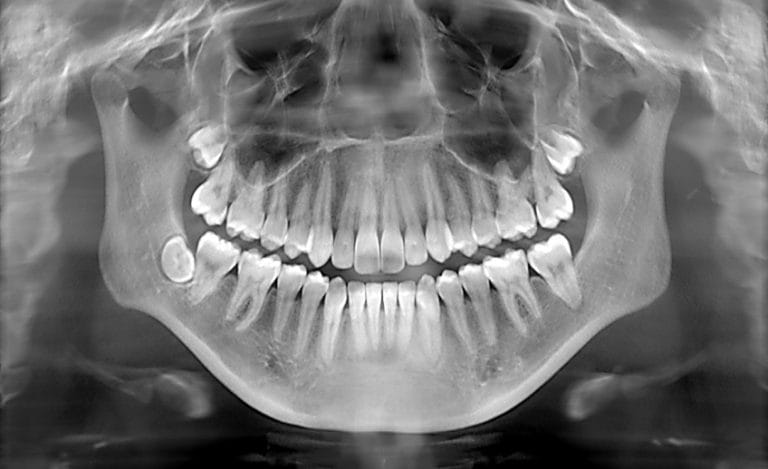How safe are dental X-rays?
Exposure to all sources of radiation — including the sun, minerals in the soil, and appliances in your home — can damage the body’s tissues and cells and lead to the development of cancer. Fortunately, the dose of radiation you are exposed to during the taking of X-rays is extremely small.
Advances in dentistry over the years have lead to the low radiation levels emitted by dental X-rays. Some of the improvements are new digital X-ray machines that limit the radiation beam to the small area being X-rayed, higher speed X-ray films that require shorter exposure time compared with older film speeds to get the same results, and the use of film holders that keep the film in place in the mouth (which prevents the film from slipping and the need for repeat X-rays and additional radiation exposure). Also, the use of lead-lined, full-body aprons protects the body from stray radiation (though this is almost nonexistent with the modern dental X-ray machines.) In addition, federal law requires that X-ray machines be checked for accuracy and safety every two years, with some states requiring more frequent checks.



